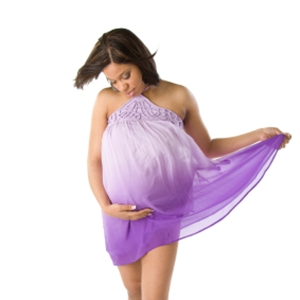
Pregnant women who exercise and strengthen their pelvic muscles are less likely to have problems with urine leakage in their third trimester, a new clinical trials finds.
Experts have long recommended that pregnant women do so-called Kegel exercises to strengthen the muscles of the pelvic floor. Still, there have been questions about just how effective Kegel exercises are in preventing incontinence - particularly fecal incontinence, according to the researchers on the new study, led by Dr Signe Stafne of the Norwegian University of Science and Technology.
The research team randomly assigned 855 women in their second trimester to either join a supervised exercise program or stick with routine prenatal care - which included standard advice to do Kegels and written information about them, but not active instruction. The exercise group had one weekly hour-long session of low-impact aerobic exercise and strength training, including Kegel exercises.
They were also given a home exercise routine to do at least twice a week. After 12 weeks, when the women were in late pregnancy, 11% of the exercisers said they had problems with urine leakage at least once a week, compared with 19% of women in the control group.
Exercise treats and prevents problems
The exercise plan seemed to both treat and prevent problems, the researchers reported online in the British obstetrics journal BJOG. Of women with a history of urinary incontinence at the study's start, 24% were having weekly problems by late pregnancy. That was true of 35% of women in the comparison group.
And among women who started the study incontinence-free, 1% in the intervention group developed stress incontinence, vs 5% in the control group."The results from the present trial indicate that pregnant women should do pelvic floor muscle training to prevent and treat urinary incontinence in late pregnancy," Dr Stafne's team writes.
As for fecal incontinence, the jury is still out, they say. Overall, 3% of exercisers had fecal incontinence by late pregnancy. That was lower than the 5% in the comparison group, but the difference was not statistically significant.
Many women in the comparison group were already exercising when they entered the study, and since all were given information on Kegels, the findings suggest that pelvic exercises are more effective if women get "thorough instructions" in how to do them, the researchers say.




 Publications
Publications
 Partners
Partners














